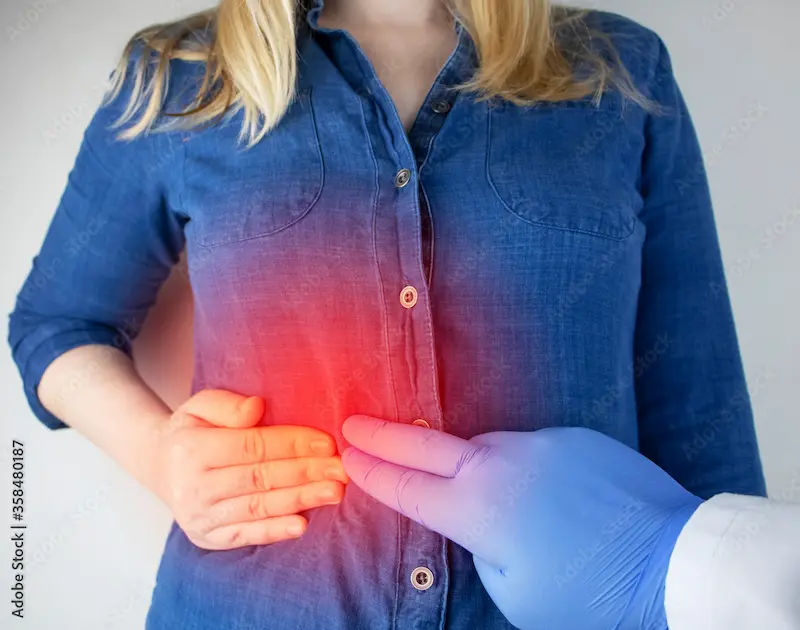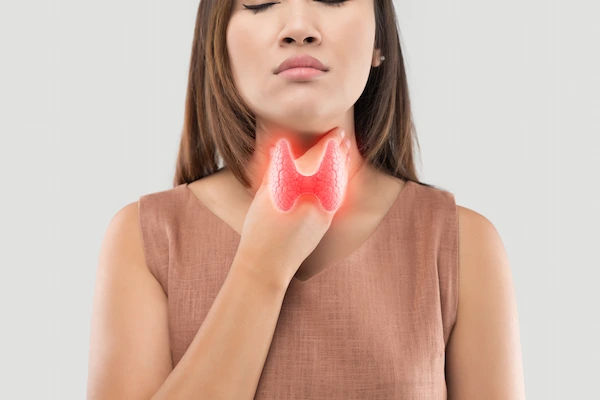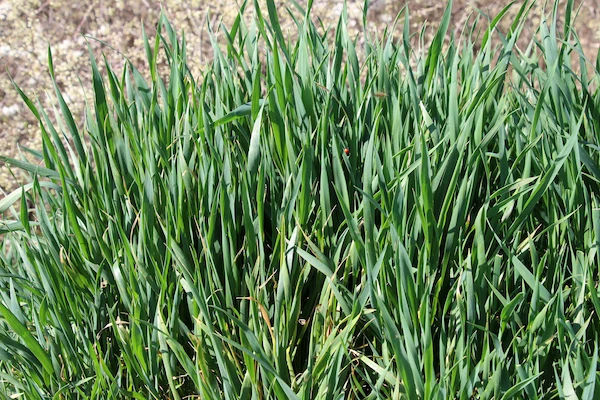Zinc Deficiency Symptoms and Treatment Options
Discover the symptoms of zinc deficiency, from hair loss to a weakened immune system. Learn about its causes and explore effective treatment options to restore your health.

Written by Dr. J T Hema Pratima
Reviewed by Dr. Mohammed Kamran MBBS, FIDM
Last updated on 11th Aug, 2025

Introduction
Zinc is a vital mineral that plays a crucial role in keeping our bodies healthy. It supports the immune system, helps with wound healing, maintains our sense of taste and smell, and even aids in cell growth. However, when our bodies don’t get enough zinc, it can lead to various health problems.
If you’ve been feeling unusually tired, getting sick often, or noticing changes in your skin or hair, you might be experiencing zinc deficiency. The good news is that this condition is manageable with the right diet and supplements. Let’s explore the symptoms, causes, and treatment options for zinc deficiency.
Common Symptoms of Zinc Deficiency
Zinc deficiency can affect different parts of the body. Some of the most common signs include:
1. Weak Immune System
Frequent colds, infections, or slow healing of wounds.
Increased susceptibility to illnesses.
2. Skin and Hair Problems
Dry, flaky skin or rashes.
Acne or eczema flareups.
Hair thinning or excessive hair loss.
3. Loss of Appetite and Taste Changes
Reduced sense of taste or smell.
Unexplained weight loss due to poor appetite.
4. Fatigue and Mood Changes
Constant tiredness or low energy.
Irritability, difficulty concentrating, or depression.
5. Digestive Issues
Diarrhea (especially in children).
Poor nutrient absorption leading to malnutrition.
6. Slow Wound Healing
Cuts, bruises, or sores take longer than usual to heal.
If you notice these symptoms, it’s important to check your zinc levels with a simple blood test.
Health topic carousel:
Doctor's speciality: Nutrition
Text: Consult a Top Nutritionist
What Causes Zinc Deficiency?
Several factors can contribute to low zinc levels in the body:
1. Poor Diet
Not eating enough zincrich foods like meat, seafood, nuts, and seeds.
A vegetarian or vegan diet without proper zinc sources.
2. Digestive Disorders
Conditions like Crohn’s disease, celiac disease, or IBS can reduce zinc absorption.
3. Chronic Illnesses
Diabetes, liver disease, or kidney disorders may increase zinc loss.
4. Alcoholism
Excessive alcohol intake can interfere with zinc absorption.
5. Pregnancy and Breastfeeding
Women need extra zinc during these phases, and deficiency can affect both mother and baby.
6. Certain Medications
Diuretics, antibiotics, and some blood pressure medications can lower zinc levels.
How to Treat Zinc Deficiency?
The good news is that zinc deficiency can be corrected with dietary changes and supplements.
1. Eat Zinc-Rich Foods
Include these in your daily meals:
Animal Sources: Chicken, beef, lamb, eggs, seafood (especially oysters).
Plant Sources: Pumpkin seeds, lentils, chickpeas, cashews, almonds, whole grains.
2. Consider Zinc Supplements
If dietary changes aren’t enough, your doctor may recommend zinc supplements (zinc gluconate, zinc sulfate, or zinc picolinate).
Always consult a doctor before starting supplements to avoid excess intake, which can cause side effects like nausea or copper deficiency.
3. Improve Absorption
Pair zincrich foods with vitamin C (like citrus fruits) to enhance absorption.
Avoid excessive intake of calcium or iron supplements at the same time as zinc, as they can interfere with absorption.
4. Treat Underlying Conditions
If digestive disorders or chronic diseases are causing the deficiency, managing them will help restore zinc levels.
5. Monitor and Test
If you suspect a deficiency, a simple blood test can confirm your zinc levels.
Regular follow-ups ensure your treatment is working.
When to See a Doctor?
If you experience persistent symptoms like frequent infections, slow wound healing, or unexplained fatigue, it’s best to consult a healthcare provider. They can guide you on the right supplements and dietary changes.
Need help? You can book a consultation with a nutritionist or doctor through Apollo 24|7 to get personalized advice and testing.
Final Thoughts
Zinc deficiency is common but often overlooked. By recognizing the symptoms early and making simple dietary adjustments, you can restore your zinc levels and improve your overall health. Remember, a balanced diet rich in zinc, along with medical guidance when needed, can keep you feeling strong and energetic.
Take care of your health—your body will thank you!
Stay healthy, stay informed!
Health topic carousel:
Doctor's speciality: Nutrition
Text: Consult a Top Nutritionist




